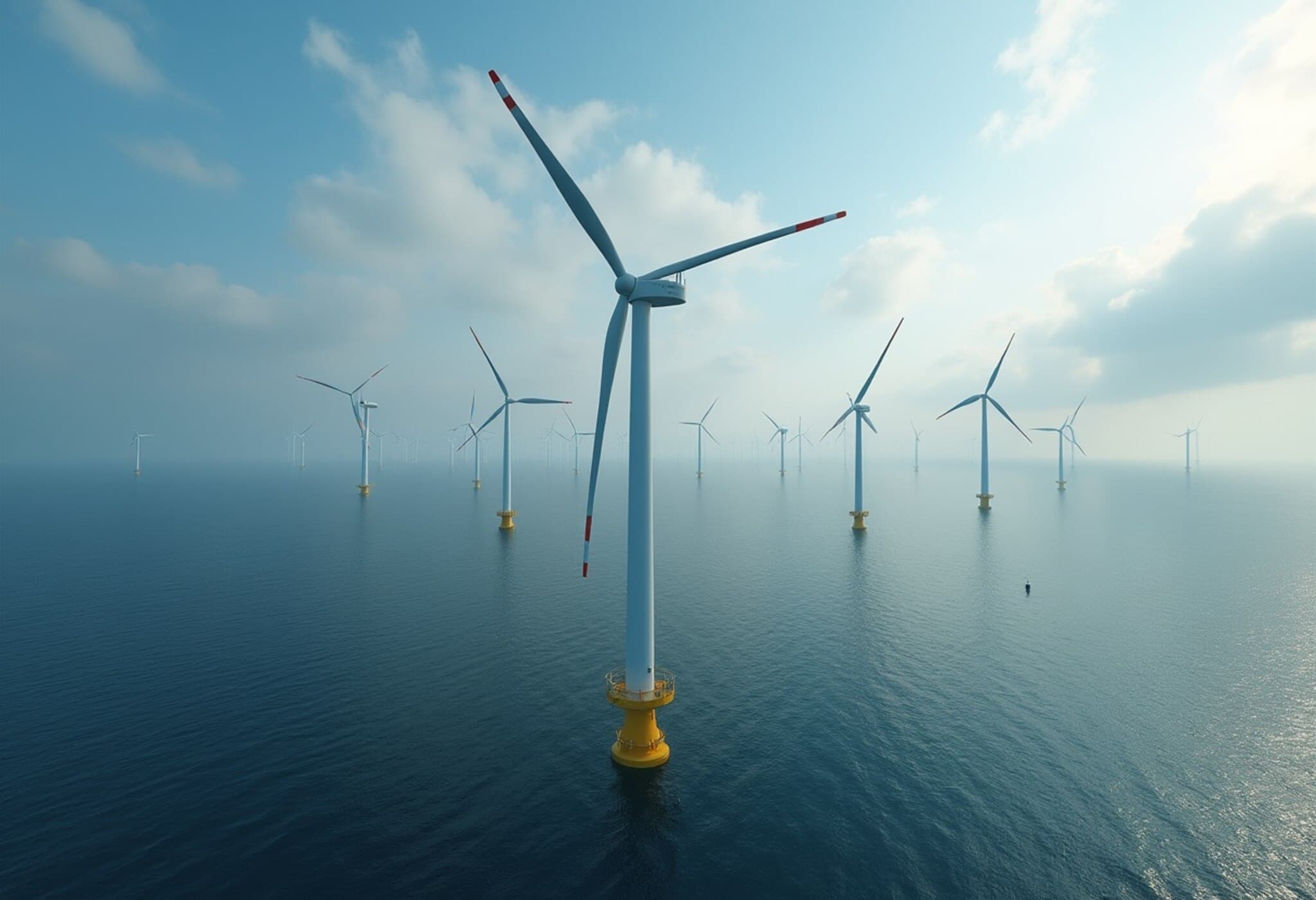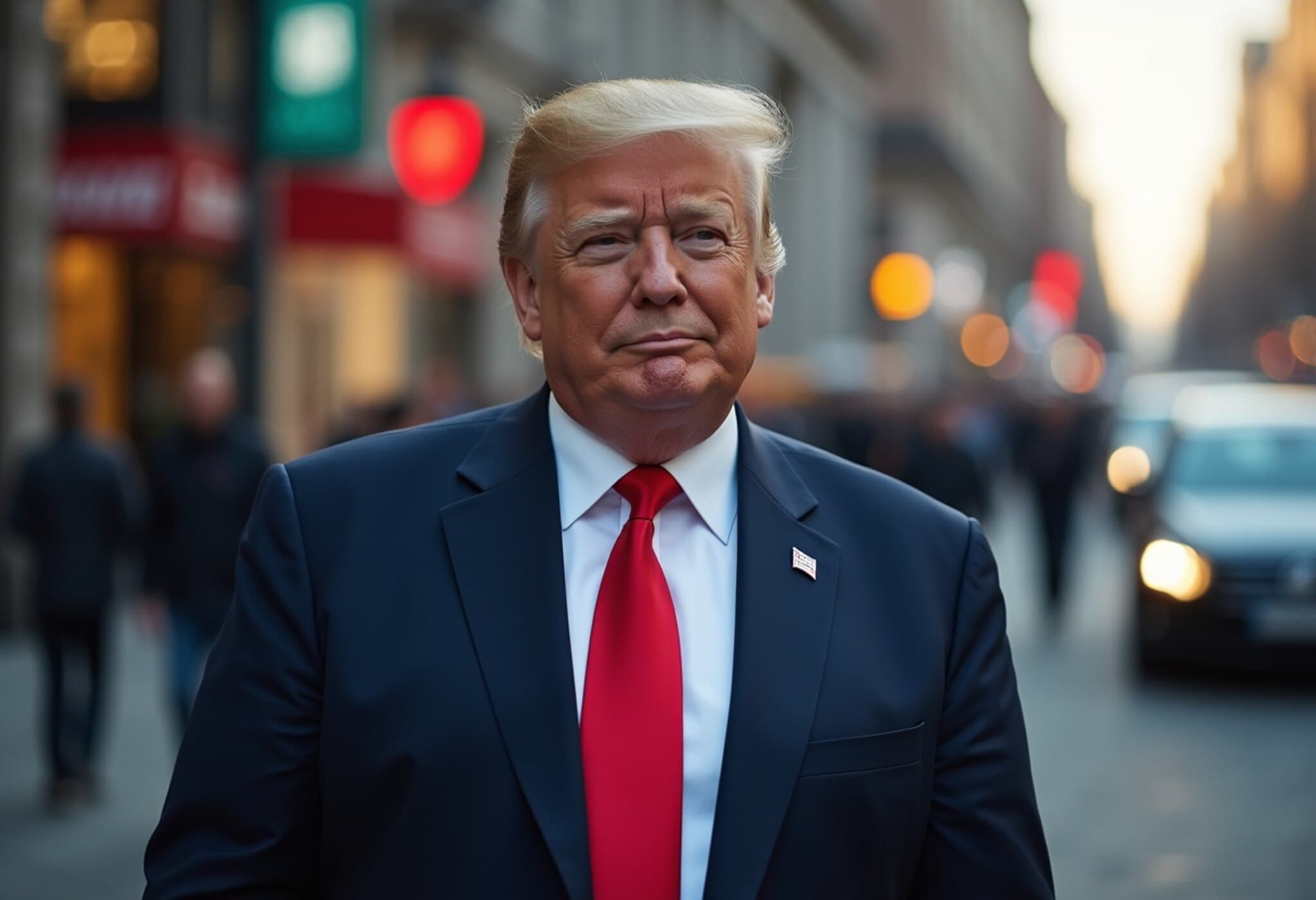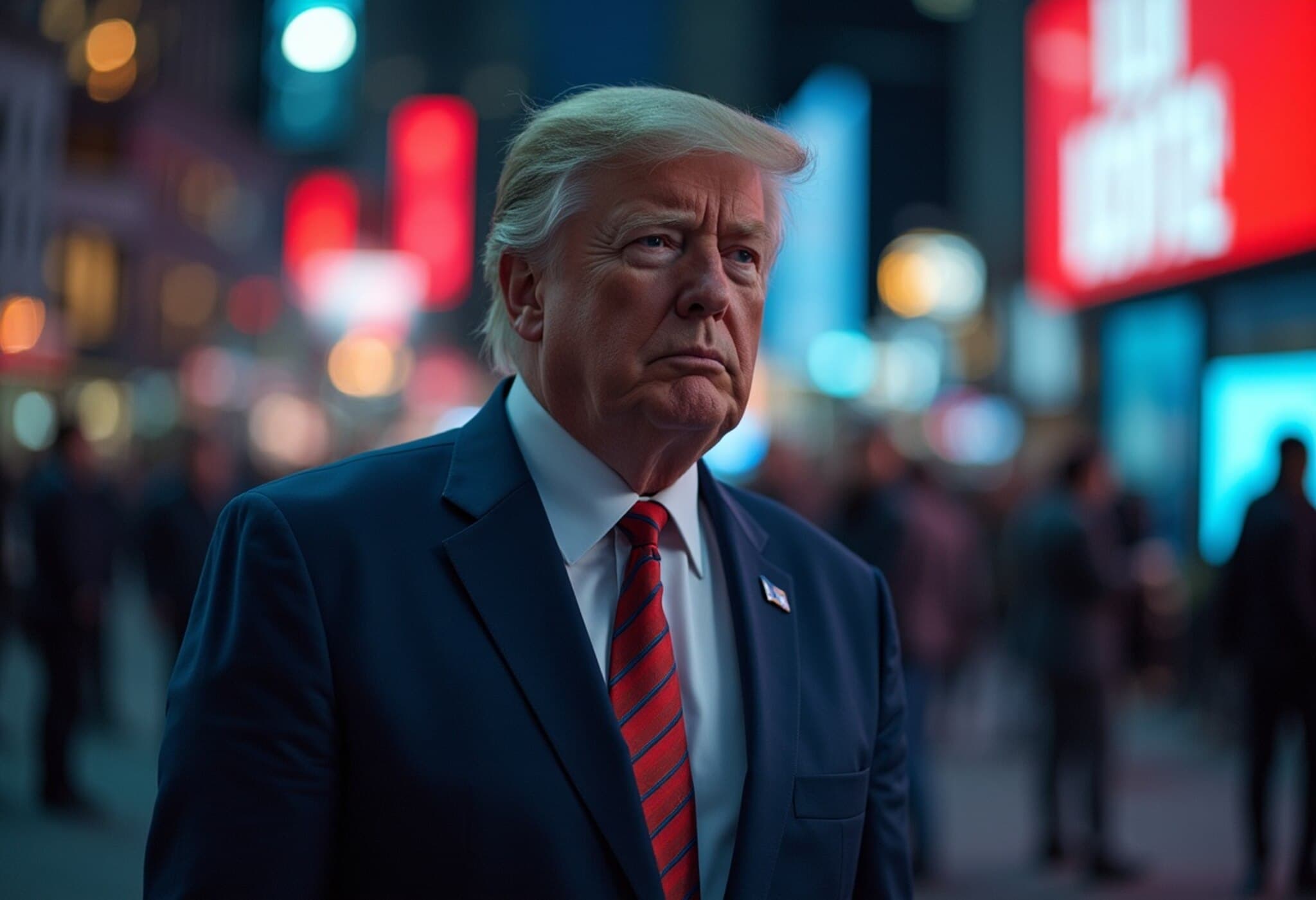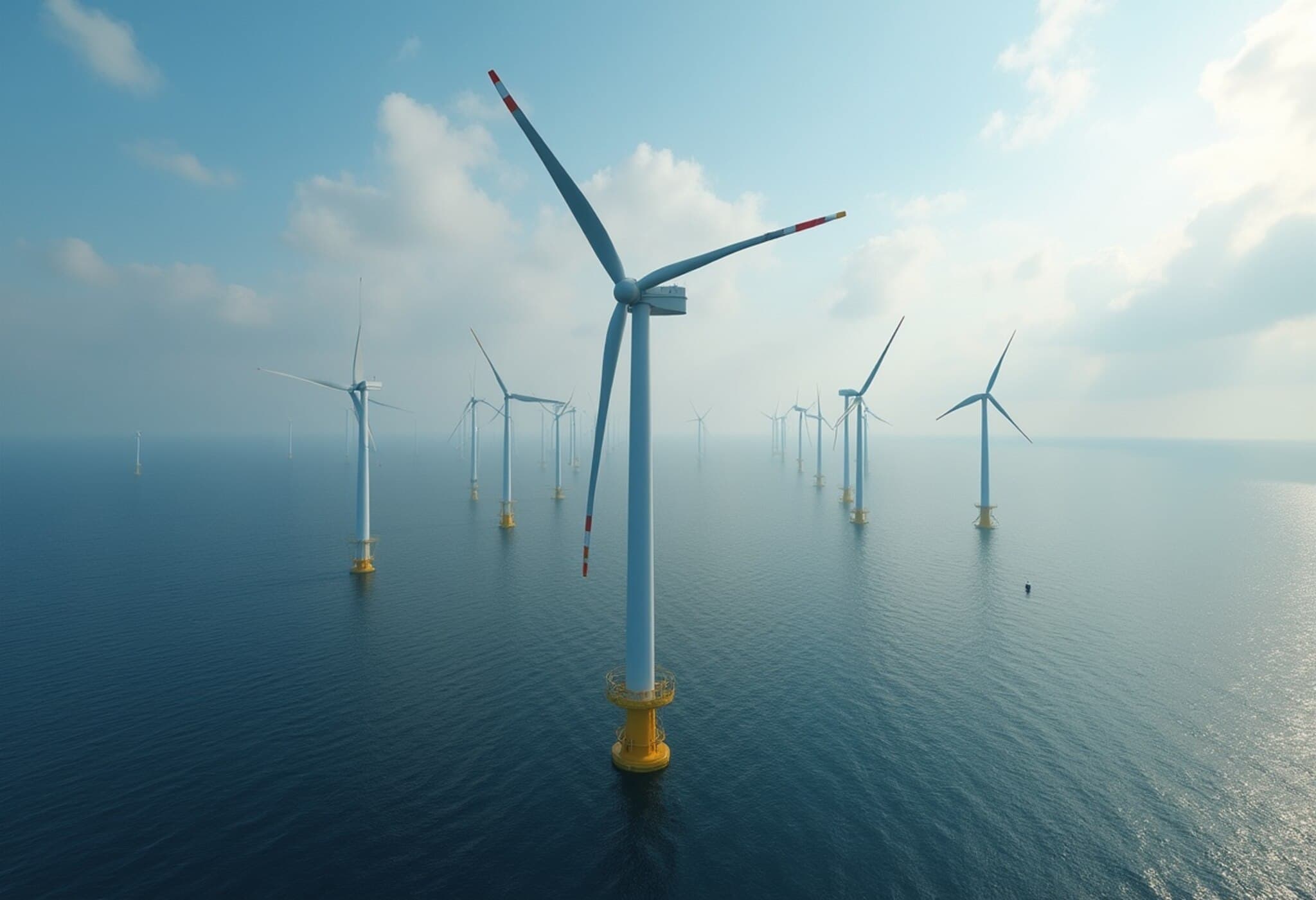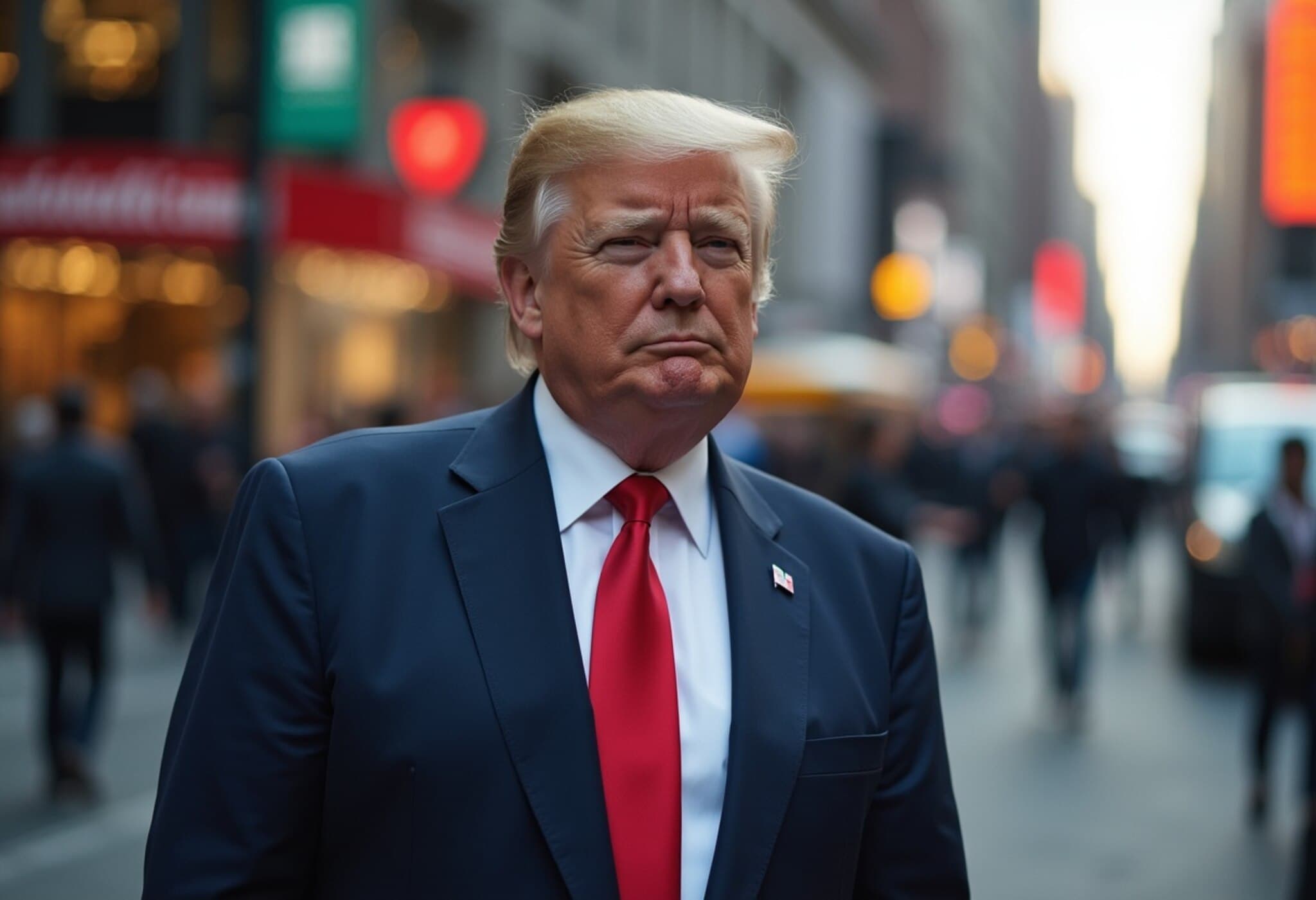Orsted Faces Major Setback Amid U.S. National Security Order
Orsted, a global pioneer in offshore wind energy, has seen its shares plummet nearly 40% in August 2025, rattling investor confidence and sending ripples through the renewable energy sector. The dramatic sell-off followed a surprise “stop-work” order from the U.S. government halting progress on its Revolution Wind project off the coast of Rhode Island. Citing national security concerns, the U.S. action has frozen a project already 80% complete after nearly a decade of permitting.
The Revolution Wind Project: Promise Meets Policy Roadblock
The Revolution Wind farm, with 65 turbines planned and 45 already installed, was once hailed as a landmark development for America’s green energy ambitions. Co-owned by Orsted and BlackRock’s Global Infrastructure Partners, the project represents a critical step forward in shifting the U.S. energy mix. Yet, the unexpected halt underscores the complex intersection of renewable ambitions and geopolitical realities.
Financial analysts point to the significant costs involved with the pause. Sydbank estimates suggest that the delay could cost Orsted up to $47 million per week, echoing similar setbacks faced by other companies in the sector.
Capital Crunch: Orsted’s $9.4 Billion Rights Issue
Compounding the turmoil, Orsted recently announced a rights issue to raise 60 billion Danish kroner (about $9.4 billion), nearly half its market valuation. This strategic move reflects its scramble to shore up finances after failing to secure a partner for the even larger Sunrise Wind project, which carries enormous stakes in the U.S. offshore market.
Despite the steep share decline, some investment experts view the capital raise as a robust buffer. Berenberg analysts upgraded Orsted’s shares to a “Buy” rating, arguing that the company’s balance sheet strengthening and experienced management position it to weather the storm. James Carmichael of Berenberg stated, “The market appears to be pricing in a near worst-case scenario, which could represent a compelling entry point for risk-tolerant investors.”
Investor Sentiment Divided But Emerging Opportunity
The complexity of Orsted’s predicament has resulted in polarized market perceptions. While ratings agencies like S&P Global downgraded Orsted’s credit rating to BBB- citing increased risks and capital inflexibility, leading hedge funds like New York’s ValueWorks have taken significant positions in the company, betting on its long-term viability.
Financial institutions such as UBS emphasize that although Revolution Wind is currently in jeopardy, the larger financial exposure lies with Sunrise Wind. The terms and success of the rights issue—expected to be clarified on September 5—will provide critical clarity on Orsted’s future trajectory.
Government and Banking Support Provide Crucial Backing
The Danish government, holding a majority 50.1% stake in Orsted, has committed to participate in the rights issue, serving as a vital anchor investor amid uncertainty. Supporting banks including Morgan Stanley, BNP Paribas, Danske Bank, and J.P. Morgan are underwriting the offering, underscoring institutional confidence in the company’s strategic direction and resilience.
Broader Implications for Renewable Energy and Geopolitics
Orsted’s troubles highlight a broader challenge facing the renewable energy transition: the clash between national security concerns and the urgent need for clean energy infrastructure. As offshore wind becomes a keystone in climate policy worldwide, similar security reviews may become more common, potentially delaying or derailing projects despite their environmental necessity.
For U.S. energy policy, this signals a delicate balancing act between accelerating green energy deployment and safeguarding critical infrastructure against perceived threats, especially when foreign state involvement is scrutinized.
Critical Questions Moving Forward
- Can Orsted adapt its U.S. strategy to regain regulatory and investor confidence?
- What precedents will the Revolution Wind halt set for future renewable projects subject to national security reviews?
- How might the heightened geopolitical lens on energy infrastructure influence global capital flows into clean energy?
Editor’s Note
Orsted’s recent setbacks serve as a stark reminder of the evolving challenges at the nexus of energy policy, geopolitics, and finance. While the market turmoil has unsettled many investors, the company’s substantial capital raise and backing by the Danish government suggest resilience. For stakeholders considering Orsted, the unfolding events underscore the importance of nuanced risk assessment and a long-term perspective in the green energy space.
Whether this moment represents a fleeting storm or a fundamental shift in renewable investment dynamics remains to be seen—but the stakes could not be higher for the global energy transition.

